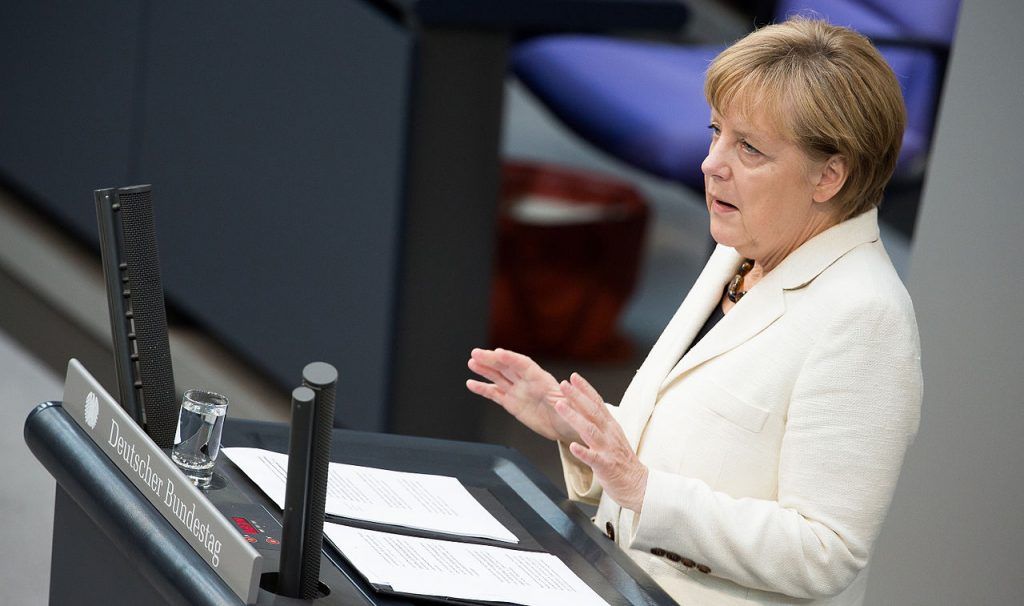Germany has submitted a draft agreement to Denmark that should make the bilateral handling of asylum seekers under the Dublin Regulation more flexible, reports Kristeligt Dagblad.
The Dublin Regulation is an EU-law defining member-states’ obligations regarding evaluating asylum requests from refugees arriving in Europe.
A temporary fix
The proposal was preceded by a long-standing dispute between the German chancellor Angela Merkel and her interior minister, Horst Seehofer.
“A bilateral agreement between Denmark and Germany in order to achieve a more pragmatic and efficient implementation of the Dublin Regulation is our ultimate perspective,” said Annegret Korff, a spokesperson for the German ministry of internal affairs.
Korff went on to clarify that “It’s not about changing the asylum procedures. It’s about making them more effective. New collective proceedings are already being discussed in Brussels at the moment; however, in the meantime, we’re hoping for a temporary solution with Denmark.”
According to Korff, the Danish authorities appeared “keen” on making a deal.
An unpopular measure
Yet the proposed agreement has attracted sharp criticism from Dansk Folkeparti and Socialdemokratiet.
“There is no need for an agreement which will bring even more refugees and asylum seekers to Denmark,” commented Martin Henriksen, DFs spokesperson for immigration issues.
He was backed up by Mattias Tesfaye from Socialdemokratiet, who said: “Of course we acknowledge our duty to live up to our obligations under the Dublin Regulation, but we won’t make any further commitments unless we get something in return from the German side.”
Splitting governments
For several months, both Henriksen and Tesfaye have been criticising the minister for immigration and integration, Inger Støjberg, for her party’s approach to refugee policies.
In June, both she and PM Lars Løkke Rasmussen, indicated their agreement to assist Germany in coping with its influx of refugees, which has also led to major internal tensions within the German government.











